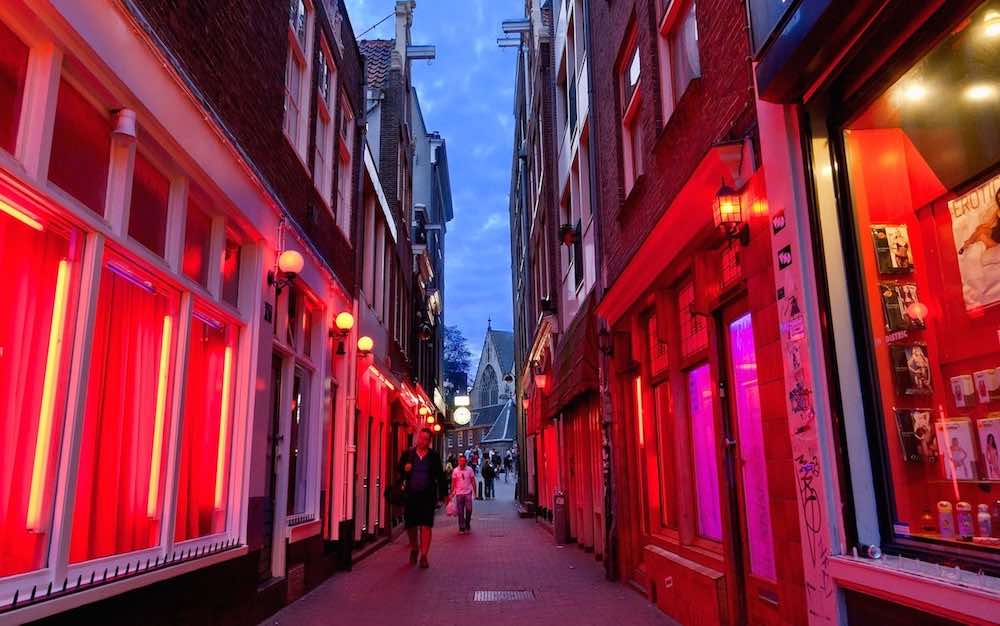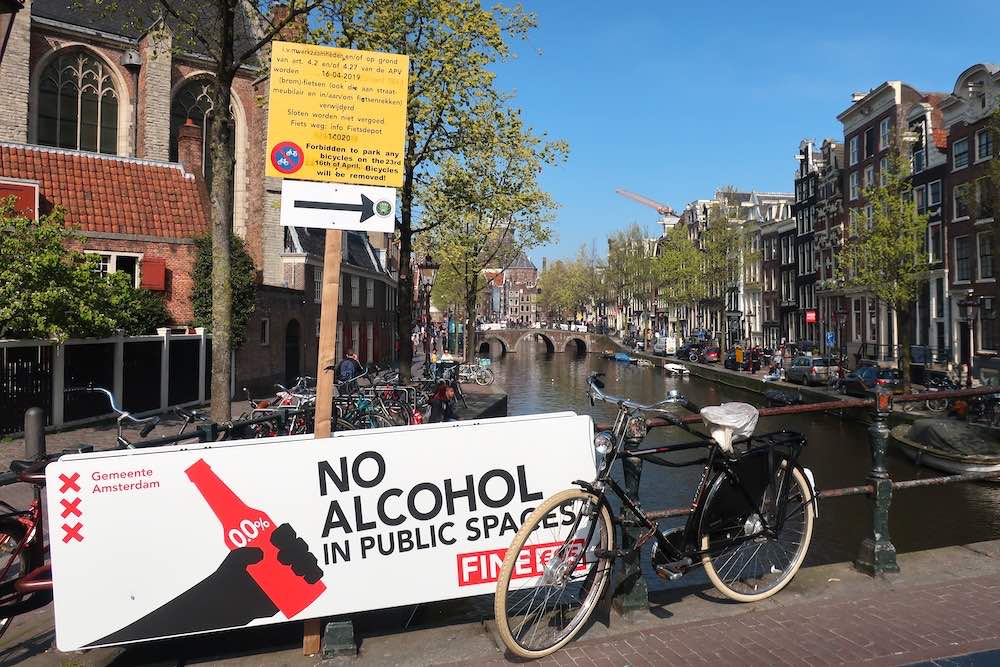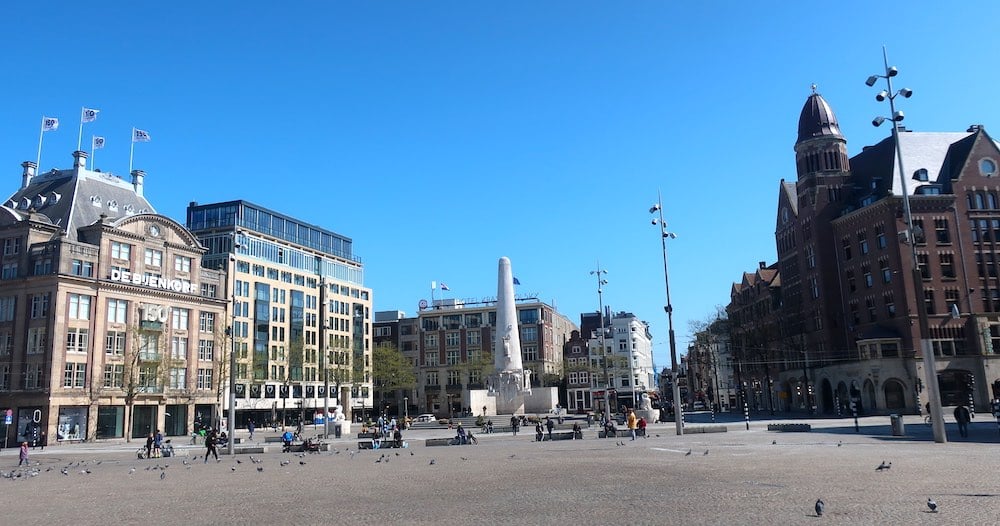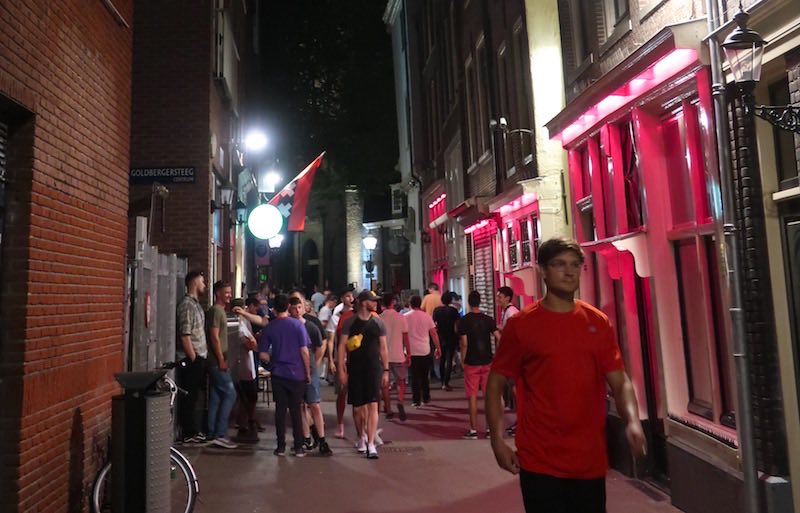New Dutch Prostitution Laws: Cabinet Reintroduces A Ban On Pimps
Posted on: octobre 13, 2017

New Dutch Prostitution Laws Will also Create A Compulsory Licensing System
The new cabinet wants to re-introduce the ban on pimps. There will also be a compulsory licensing system for prostitutes. These are the new Dutch prostitution laws set out by the future cabinet. Those involved in the cabinet formation confirm that these new dutch prostitution laws are in the new government accord. VVD, CDA, D66 et Christen Unie (Christian Union) hope to fight exploitation in the sex industry. There will also be additional money for prostitution-exit programs.
Pimp Ban In The Netherlands
The ‘souteneursverbod’ (pimp ban) was scraped back in 2000, along with the brothel ban. Since then it is a legal profession. But gaining financial benefit from other people’s sexual services now returns to the Dutch criminal code, if its up to the new coalition.
 Dutch parliament. Picture by Markus Bernet, Wikimedia.
Dutch parliament. Picture by Markus Bernet, Wikimedia.
Prostitutes To Register With The Government
Simultaneously with the reintroduction of the ban, the new coalition wants prostitutes to register. This has been the subject of debate within Dutch parlement for years. Proponents, such as the Christian Union, think that such a duty of consent gives the government better visibility over the sex industry. Opponents, including D66, say that the privacy of prostitutes is being violated. In the formation, D66 party has now given in to the Christian Union.
Mandatory Registration Has Been Debated For Years
Previously, Cabinet Rutte II abolished the proposal for a registration requirement for prostitutes because there was insufficient support for it in the First Chamber (Senate). Instead they went for a minimum age of 21 years for workers in the sex industry. This proposal however has not yet been adopted. In practice, municipalities like Amsterdam, Utrecht and The Hague already use a form of registration. Recently, the administrative court and the Personal Data Authority have slammed this practice: it would be in violation of the Personal Data Protection Act. These new Dutch prostitution Laws are the brainchild of the Christian Union, which has been fighting against forced prostitution for years. Party leader Gert-Jan Segers previously submitted a law that would make it a criminal offence if someone has sex with a prostitute who might know that they are victims of human trafficking. That proposal was adopted last year in the Lower House (congres).







